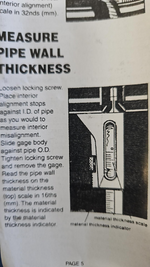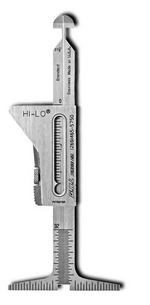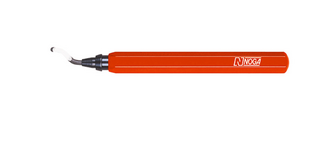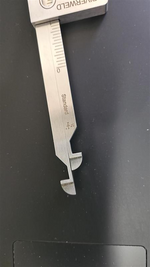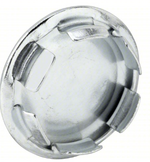EngDM
Structural
- Aug 10, 2021
- 701
Hey all,
Just wondering if anyone has a solution to finding a web thickness of a hollow round bar member. I want to perhaps bring a drill and put a small hole, but what tool could measure thicknesses off that? My callipers would require quite the substatial hole.
There is an old joist type up in Canada where the OD is the same but the thicknesses vary throughout. As of late we have just been using the minimum size and reinforcing heavy, but I'd like to find a more economical solution.
Just wondering if anyone has a solution to finding a web thickness of a hollow round bar member. I want to perhaps bring a drill and put a small hole, but what tool could measure thicknesses off that? My callipers would require quite the substatial hole.
There is an old joist type up in Canada where the OD is the same but the thicknesses vary throughout. As of late we have just been using the minimum size and reinforcing heavy, but I'd like to find a more economical solution.


